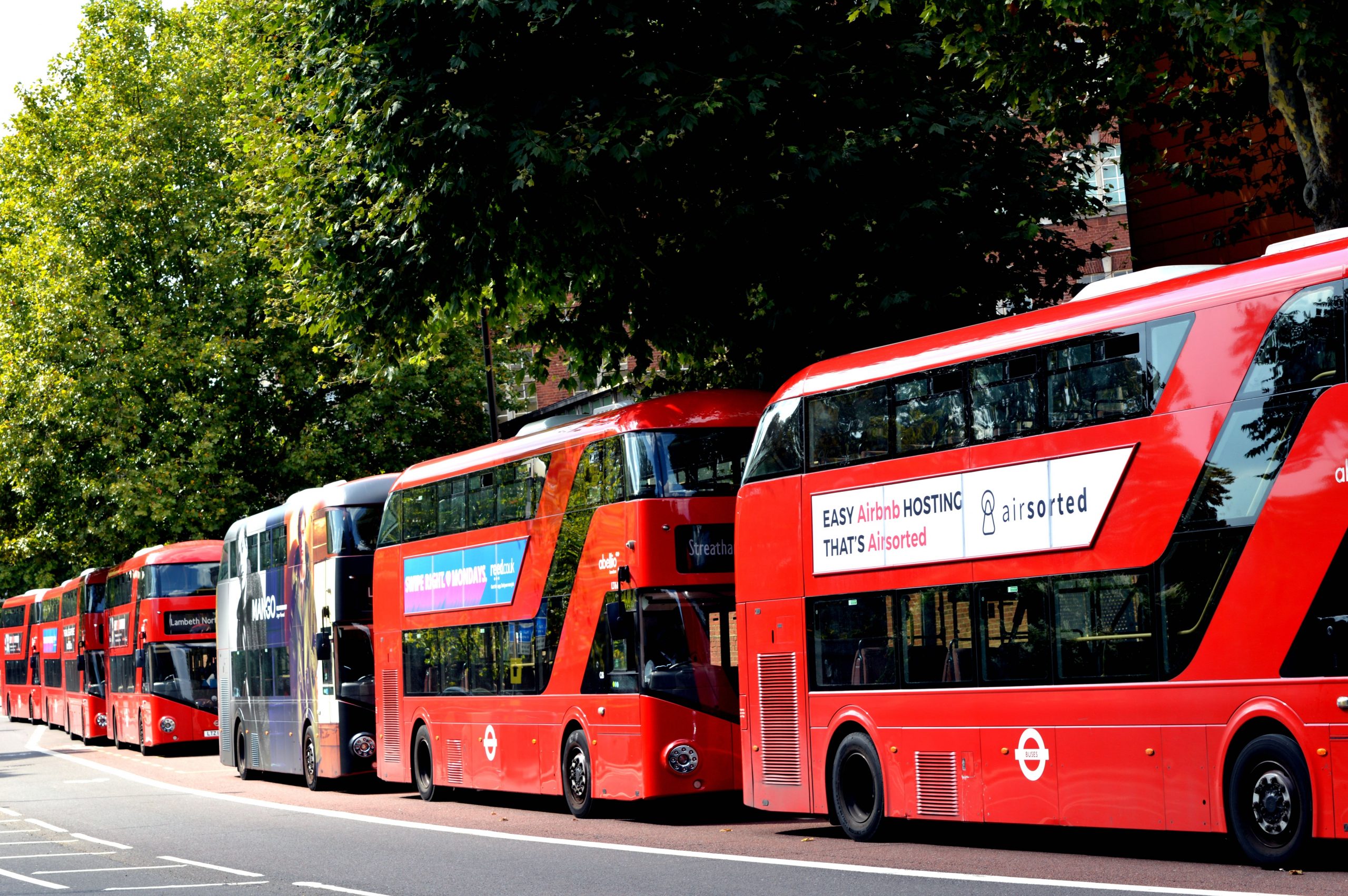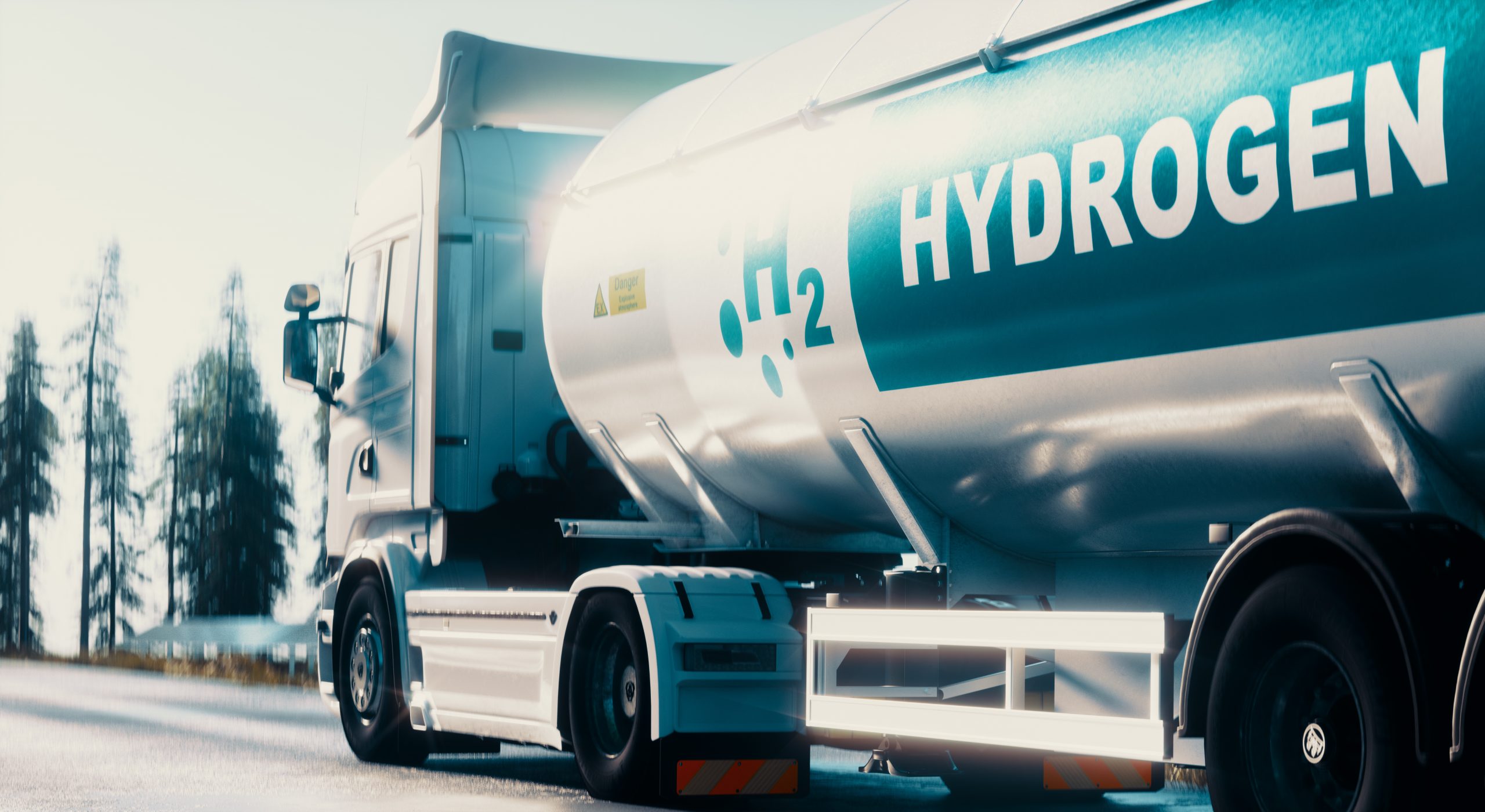Is Hydrogen Fuel Remodelling Long Haul Vehicles?

Following an article published by the World Economic Forum showing the importance of hydrogen fuel in the transport industry as it transitions towards sustainability, Quadrant Transport explored its significance and spoke to experts to learn more.
Battery power in electric vehicles have proven to be the ideal clean solution for short to medium-range applications. The one drawback of this clean fuel alternative is that it doesn’t work as effectively or practically for long-haul transport and heavy-duty applications.

Silviya Barrett, c. Campaign for Better Transport
In their article, the World Economic Forum show that the investment into and rollout of hydrogen fuel technology would complement battery power in the transport industry. This push for hydrogen needs to be underpinned by collaboration between industry leaders and collaboration.
To learn more, Quadrant Transport spoke to Silviya Barret, head of policy, research and projects at Campaign for Better Transport and Greg Archer, UK director at Transport and Environment.
Silviya explained: “There is a need to diversify and make sure we have a range of options for decarbonisation for vehicle fleets. Specifically for heavier vehicles, such as lorries, buses and trains.”
Interestingly, Silviya believes there is a gap in the clean fuels market for the UK to become world leaders in hydrogen fuel. She said, “There are other countries that are leading in terms of production of the batteries and the vehicles, but hydrogen is still somewhere where, with the right investment, the UK can be a leader in that market and create jobs and opportunities as well.”
Developing the latest technology
It is imperative that we develop tomorrow’s climate-smart solutions whilst maintaining the production of environmentally responsible transport today. In order to avoid a ‘one-size-fits-all’ approach when it comes to sustainable fuel alternatives, hydrogen needs to be considered for long haul vehicles.
“We should be seeing a much greater demand for the shift towards clean alternatives to the car,” Silviya said.
We should be seeing a much greater demand for the shift towards clean alternatives to the car
“There are lots of ways to achieve this, one is obviously to make sure the alternatives are attractive and affordable in order to enable people to move to cleaner alternatives to vehicles, but also to buses and trains,” she added.

Greg Archer, c. Transport and Environment
So larger, longer haul vehicles aren’t left behind in this transition to environmentally friendly solutions, hydrogen should be considered. There is a lot of work left to do to harness its full potential and Silviya urges the UK government to invest “into research and development to meet the supply and demand for it.”
In response to the WHO article, Greg Archer stated: “The combustion engine is a relic of the 20th century and there will certainly not be a hydrogen economy. But hydrogen will have an important role in the hardest to decarbonise transport sectors as a feedstock to manufacture ammonia for shipping and synthetic jet fuel and possibly with fuel cells in some long-haul trucks.”

